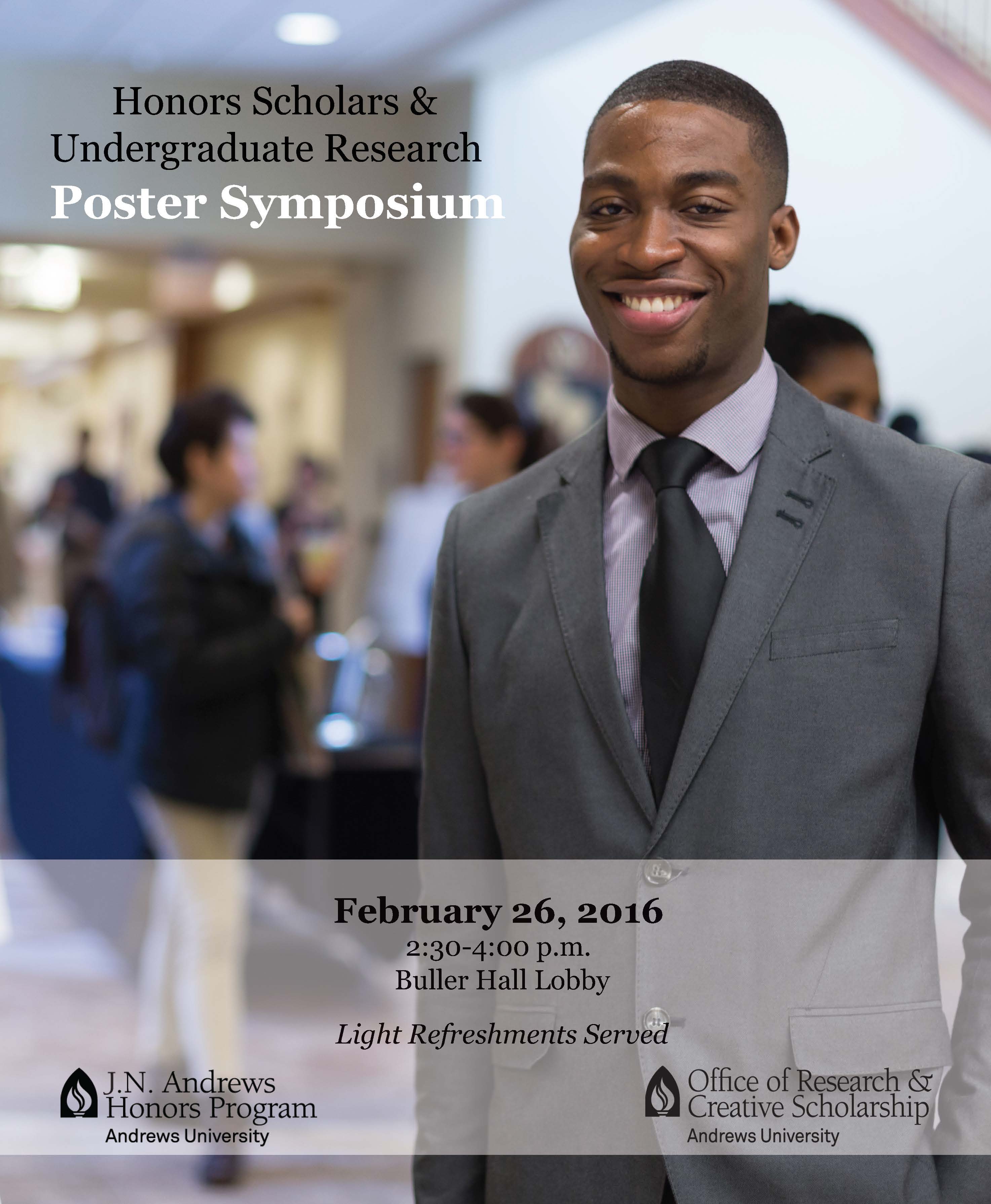P-22 An Examination of Control Fraud in Non-Banking Industries
Abstract
William Black’s 2005 control fraud theory suggests accounting fraud initiated by CEOs is more damaging that accounting fraud that is not; however, this theory has only been applied anecdotally to financial institutions. I test Black’s theory using a sample of sixty-five nonfinancial firms that engaged in accounting fraud from 2007-2014. I hypothesize that firms which commit CEO-led fraud will exhibit greater growth, leverage, and have higher CEO compensation. If Black’s theory applies to nonfinancial firms, then future research on accounting fraud is compelled include CEO variables. In addition, government regulators, using CEO data, can better determine the firms to investigate for accounting fraud.
Thesis Record URL
Location
Buller Hall
Start Date
2-26-2016 2:30 PM
End Date
2-26-2016 4:00 PM
P-22 An Examination of Control Fraud in Non-Banking Industries
Buller Hall
William Black’s 2005 control fraud theory suggests accounting fraud initiated by CEOs is more damaging that accounting fraud that is not; however, this theory has only been applied anecdotally to financial institutions. I test Black’s theory using a sample of sixty-five nonfinancial firms that engaged in accounting fraud from 2007-2014. I hypothesize that firms which commit CEO-led fraud will exhibit greater growth, leverage, and have higher CEO compensation. If Black’s theory applies to nonfinancial firms, then future research on accounting fraud is compelled include CEO variables. In addition, government regulators, using CEO data, can better determine the firms to investigate for accounting fraud.




Acknowledgments
Dr. Carmelita Troy